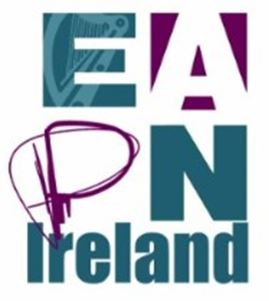
European Anti-poverty Network Ireland calls on the Government to commit to long-term measures to address poverty and inequality.
The European Anti-Poverty Network (EAPN) Ireland has welcomed Government announcements made today as part of Budget 2023. However, the Network believes that the range of mainly once off measures announced today, while helping to address immediate cost of living pressures, will not address the root causes of poverty for low-income households in the long term, or mitigate the ongoing negative impacts of inflation as it continues to rise for the foreseeable future.
Announcements made as part of Budget 2023 include:
- A €12 increase to core welfare payments
- Childcare fees to be reduced by 25%
- Free school books at primary school level.
- A once off €500 payment for those in receipt of the Carers Support Grant
- €500 once off payment to those on the Working Family Payment
- Working Family Payment thresholds increase by €40 per week
- Qualified Child Allowance increases by only € 2 per week
- A double child benefit payment will be provided in November
- Home Carer Tax Credit being increased by €100
- Once off double payment of SUSI grant
- Free contraception scheme to be extended up to and including 30 year olds
- Hospital inpatient charges to be scrapped
- The introduction of a Vacant Homes Tax.
Paul Ginnell Director of EAPN Ireland states: “We welcome announcements that have been made today, that will have a positive impact for households, including increases to social welfare rates and initiatives such as the State taking responsibility for the provision of free schoolbooks at primary level. However, we are disappointed that the Government has not taken the opportunity to address the cost of living, poverty, and deprivation, through a commitment to income adequacy, that would help address inequality in a long- term way. The increase to social welfare, for example, is well below the call from the Community and Voluntary sector for a €20 increase, which would merely facilitate households to stand still again rising inflation. Instead, we have a €12 increase, which is far from adequate to reduce the struggles that people living in poverty are facing due to unaffordable living costs”.
He continues- “Poverty costs the state billions every year and cannot be solved by once off and ad-hoc payments and schemes, which do not address the underlying structural and systematic causes of social exclusion. If we have any chance of meeting the anti-poverty commitments the Government has signed up to, it must commit on a policy level to income adequacy, via the benchmarking of social welfare to a Minimum Essential Standard of Living, and making public services accessible and affordable to everyone. These measures can be delivered by long term investment over the course of several budgets. It is disappointing that the Government’s approach to rising living costs and the ongoing challenges facing low-income households are so short sighted when the negative impacts of poverty will cause the state and society significantly more in the long run.”
